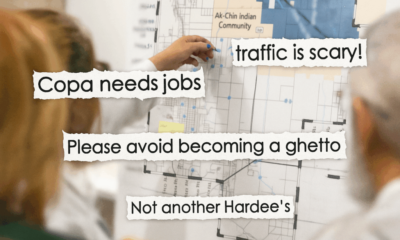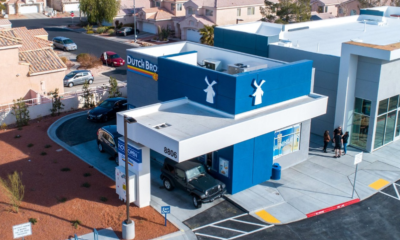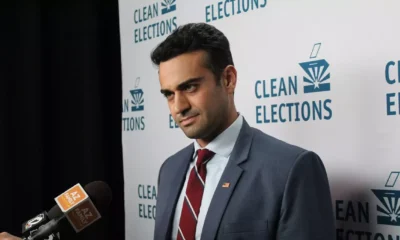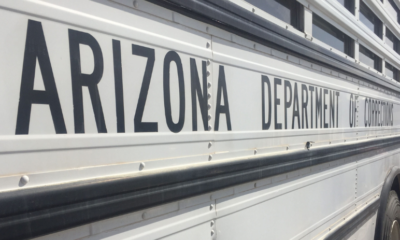Politics
Housing Affordability Emerges as Key Issue for Arizona Voters in 2024 Elections
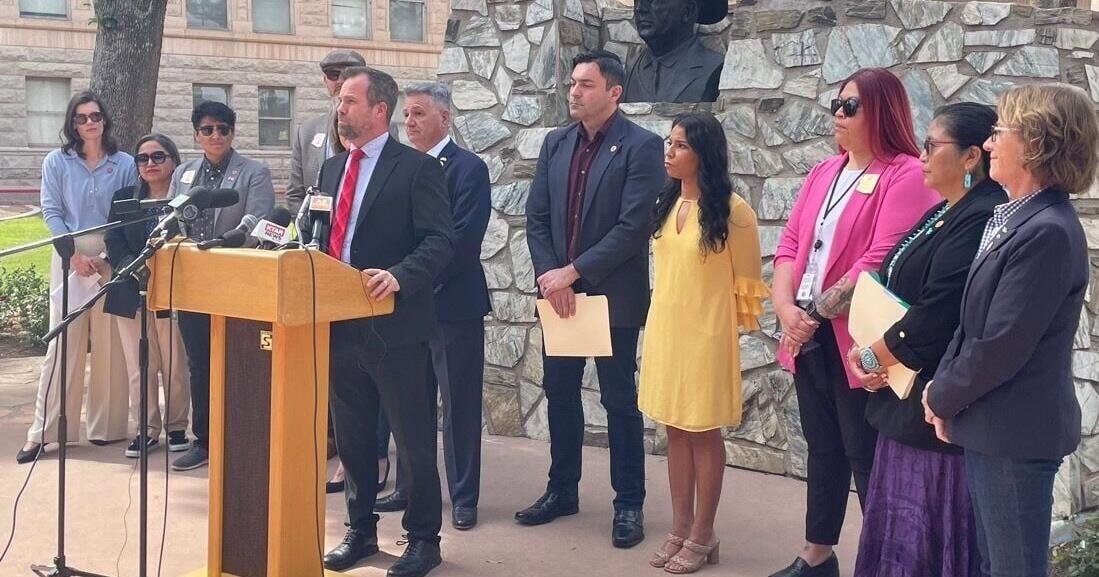
Affordable housing has emerged as a key priority for Arizonans in the current election cycle, according to a recent poll conducted by Noble Predictive Insights. The survey, which took place from August 12 to 16, interviewed 1,003 registered voters and reported a margin of error of 3.09%.
The poll indicates that while issues such as inflation, immigration, and abortion have dominated the political landscape, affordable housing has now solidified its status as a top-tier concern among voters. The report highlights that the significance of affordable housing parallels that of these long-standing issues.
Despite its rising prominence, neither major political party has focused heavily on affordable housing in their campaign agendas. David Byler, chief of research at NPI, noted, “When immigration, abortion, and inflation come into play, parties have a clear narrative. Housing is different; the escalating costs are a bipartisan issue.”
Furthermore, research from the University of Arizona reveals that over 30% of residents experience a housing burden, spending more than 30% of their income on housing. This financial strain often hampers their ability to meet other essential needs such as healthcare and childcare.
The housing crisis is not limited to low-income families. Data shows that approximately 37% of middle-income households also face significant challenges in managing housing costs. The ongoing shortage of 133,684 affordable homes further exacerbates this problem.
In response to these challenges, Arizona Governor Katie Hobbs has launched several initiatives aimed at improving housing access. A noteworthy effort is the first-time homeownership assistance program, which allocates $13 million to aid individuals with down payments.
Hobbs expressed her personal connection to the issue, stating, “As someone who has struggled to make mortgage payments, I understand how owning a home can provide a strong financial base and stabilize families within their communities.”
While steps are being taken, the struggle for housing affordability remains a critical issue that political candidates can leverage, particularly in the swing state of Arizona. Byler suggests that this situation presents a unique opportunity. “This is an important issue where neither party holds a pre-existing advantage. The party that effectively addresses housing will reap significant rewards.”
